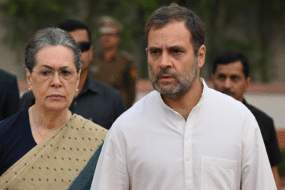June — New York, USA:
Elon Musk’s social media platform X (formerly Twitter) has filed a federal lawsuit against the state of New York, aiming to block a new law that mandates greater transparency around how platforms handle hate speech, extremism, and misinformation.
The legal move was initiated on June 17 in Manhattan federal court, where X argued that the new legislation infringes on First Amendment rights and attempts to impose politically motivated oversight on private companies.
According to X, the law is an unconstitutional effort by New York to influence content moderation decisions, stating in the filing that the law “improperly injects the state into the content-moderation editorial process,” and pressures platforms “to restrict or censor constitutionally protected content.”
The law, signed in late 2024 by Governor Kathy Hochul, is set to take effect later this year. It requires social media companies to submit bi-annual public reports detailing how they define and handle various types of harmful content such as hate speech, racist or extremist remarks, and disinformation. The companies must also disclose how many posts were flagged, actions taken, and the reach of those posts.
Democratic lawmakers, including Senator Brad Hoylman-Sigal and Assembly Member Grace Lee, have defended the law as a measure to improve accountability and transparency in the digital space.
However, X isn’t new to legal resistance against content regulation. The platform had previously succeeded in challenging a similar law in California.
Critics of Elon Musk’s leadership at X point to the platform’s sharp decline in moderation standards. Since acquiring Twitter in 2022, Musk disbanded its Trust and Safety advisory board and rolled back key policies against hate speech and misinformation, citing free speech priorities. Lawmakers have since raised concerns about an uptick in online abuse and harassment.
While New York’s Attorney General Letitia James had not issued an official response at the time of reporting, the lawsuit is expected to ignite further debate around free speech, platform regulation, and the role of government in overseeing digital communication.





